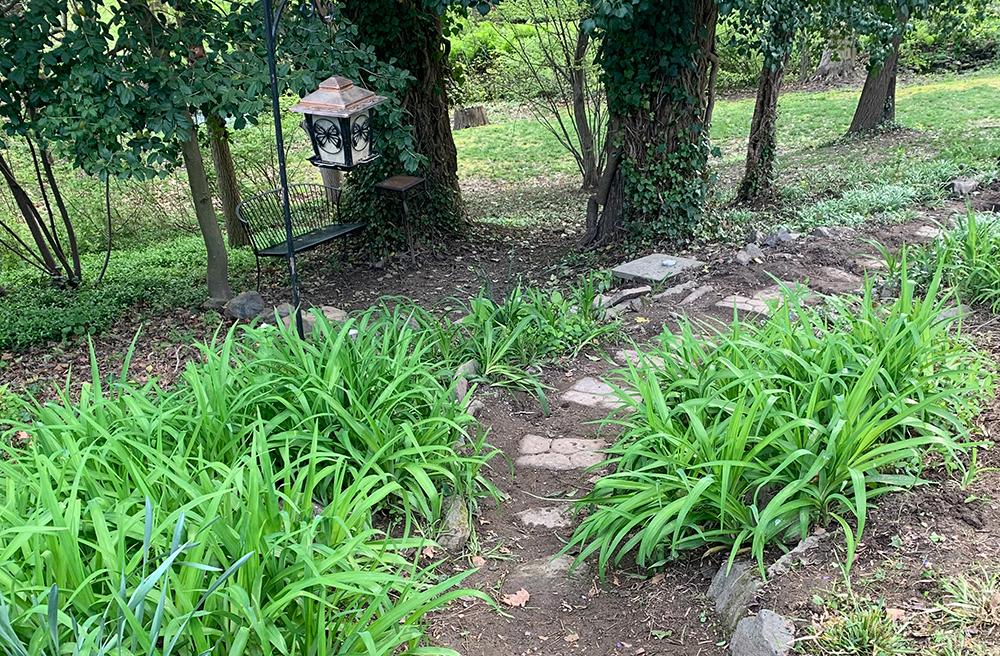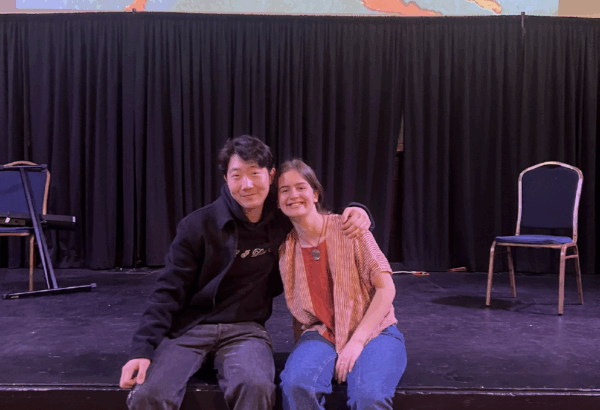Two roads diverged in a wood, and I—I took the one less traveled by, and that has made all the difference.
— Robert Frost
Recently, in our backyard we wanted to create a path with stepping-stones down a hill. As we were clearing the area and digging holes for the stepping-stones, we discovered to our surprise, buried well below ground, older stepping-stones. Here we thought we were forging a path, developing our own route, but it turns out we were simply uncovering and restoring the original path made potentially 90 + years ago when our house was first built. We were excited to find this path; the rocks were beautiful, and it made our tie to our house stronger. Apparently, we had the same aesthetic idea as the people that lived in our house long ago.
Our backyard path adds another layer to Frost’s ideas around paths. We may think we are choosing the path and can set off in all confidence on our own to cut through the wilderness in a new direction.
We may find, however that the path we think was less traveled, was actually an ancient path that needs to be uncovered. The people that first established that path can become a type of community. Since they first cared about this particular direction and selected the perfect stones for it. We can walk in their footsteps, grateful for their good work, and continuing in the intentional traditions they established one stepping-stone at a time.
As a Penn student, choosing your direction can be a challenge and can feel isolating. I remember my own decision making during this time. I leaned hard on several faculty and staff members, my roommates, and my family hearing their stories, asking my questions, conversing with them again and again. Along the way I learned that setting off along one path meant digging deep. I also learned that though it was a set of decisions I had to make, there was a community that cared about me and was committed to supporting me. Seek that community as you choose your path, in my life “that has made all the difference.”



